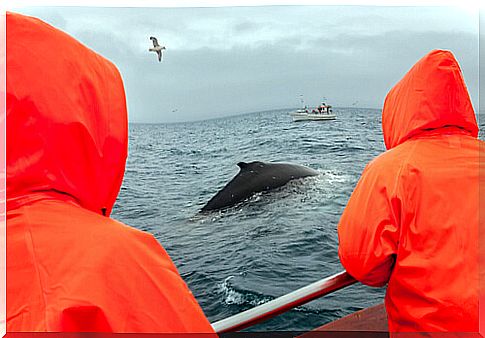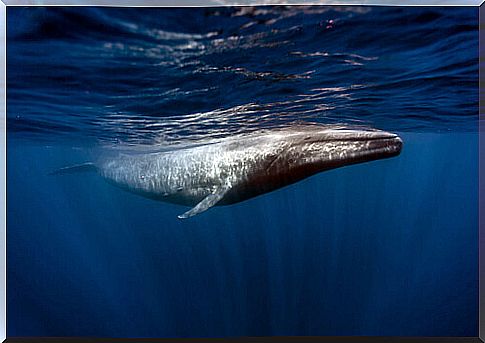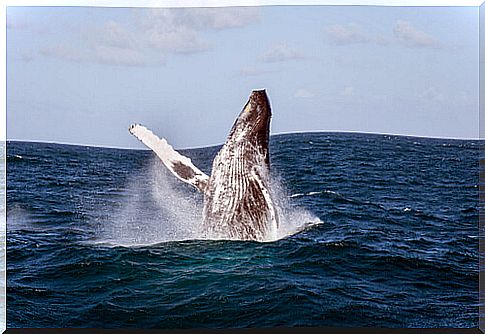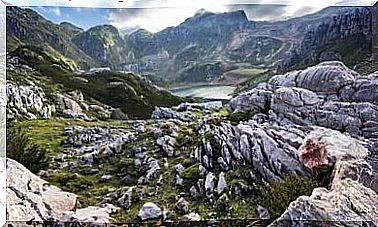They Denounce The Hunt Of The World’s Largest Whale

Environmental groups denounce the hunt for the world’s largest whale, the blue whale. This species has been dismembered on an Icelandic ship despite being protected.
Whaling was practically eradicated by the first environmental movements in the late 20th century, which sought to protect whales. However, some countries continue to maintain this practice and even try to make it fashionable again.
Why is blue whale hunting prohibited?
The perpetrators of this atrocity are the only whaling company in Iceland, known as Kristján Loftsson. The blue whale is an endangered species according to the International Union for Conservation of Nature (IUCN), and hunting this species is illegal.
In addition, the Icelandic company only has permission to capture a species of whales known as fin whales, one of the cetaceans in the Mediterranean, so hunting blue whales is a true attack on marine fauna.
Whaling has been to blame for this reduction: in the past it was estimated that there were about 300,000 individuals in Antarctica, while today there are about 2,000 individuals.
Hunting the world’s largest whale is illegal
The perpetrator of this atrocity is the only whaling company in Iceland, known as Kristján Loftsson. The blue whale is an endangered species according to the IUCN, and hunting of this species is illegal.
The company has defended itself by hinting that the species they have caught is not a pure blue whale, but a hybrid between a fin and a blue whale. Whale hybrids are very rare; According to experts, only five specimens have been recorded in the last 40 years in northern European waters.

In addition, the released images show what experts say is a juvenile male blue whale, making it the first hunt for the largest whale in the world in almost half a century.
Whaling is still legal in many countries
The ban on whaling came in 1986, although several countries have managed to maintain their activity as whalers and dolphin hunters for many years. It is striking to know that the Basque whalers were one of the most prolific in the Middle Ages.
An example of this is Japan, a country that hid itself in that the hunting of its whales was for scientific purposes. However, the Japanese are the largest consumers of cetacean meat and it soon became clear that their hunting was for commercial purposes.
In the case of some Nordic countries, Iceland and Norway have continued to practice whaling, hiding behind legal loopholes. In the case of Iceland, there were only permits to hunt a few species of whales, so hunting blue whales violates its own legislation.

The Nordic countries continue to hunt whales to sell them in Asia, so one of the objectives of conservation entities is to educate these populations not to consume cetacean meat.
DNA will decide what happens to blue whale hunting in Iceland
Given the rarity of the hybrids and the cutting of the animal, the identification of this blue whale will be carried out by DNA, which will decide if it can be sold in Asia.
On the other hand, if it is a blue whale specimen, not only can it not be sold, but sanctions will be imposed on these whalers. This could cause them to be banned from whaling, which would leave this country without any whaling companies.









